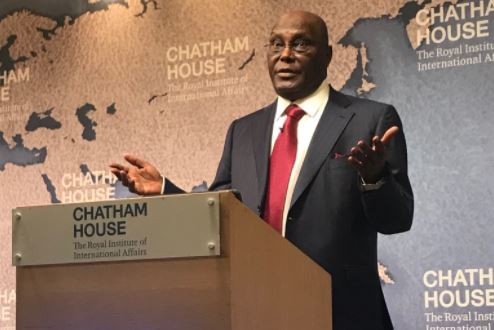A federal high court in Abuja has ruled that the national assembly does not have the power to amend the election timetable of the Independent National Electoral Commission (INEC).
Although the move to amend the timetable had sparked friction in parliament, two-third of the assembly were in support of the bill.
The National Assembly Conference Committee on Electoral Act (amendment) bill had adopted a reordered sequence of the 2019 general election, putting the presidential election last.
The proposed sequence of elections would have made the national assembly election come first, followed by governorship and state houses of assembly, and presidential.
Advertisement
This is against the sequence rolled out by INEC, which put presidential and national assembly elections first and governorship and state assembly to follow.
Refusing assent to the bill after it was forwarded to his office, President Muhammadu Buhari had said the amendments if allowed to pass violate parts of the constitution.
Shortly after the bill was refused by the president, some legislators said the national assembly would evoke its powers under section 58(5) of the 1999 constitution to override the president.
Advertisement
Through Wole Olanipekun, its counsel, Accord Party filed an application to stop the lawmakers from tampering with the electoral act.
Delivering judgment on the matter on Wednesday Ahmed Mohammed, the judge, held that the national assembly did not have the powers to reorder the election sequence.
He said the power to fix election sequence rested solely with INEC.
Last week, the upper and lower legislative chambers dropped the election reordering bill.
Advertisement






